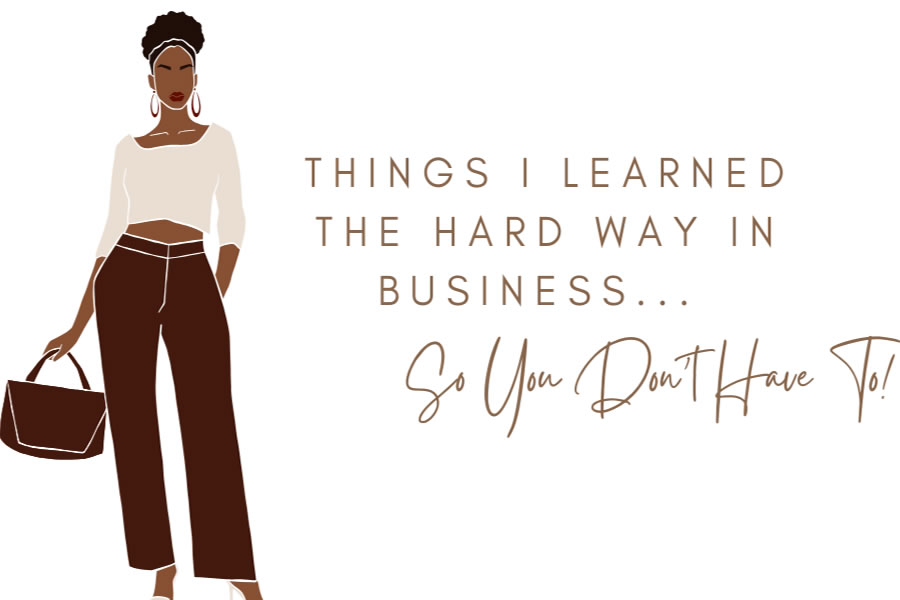Because some things don’t show up in business plans—or Google searches.
Starting a business in Nigeria is a bold move. You’re stepping into a space filled with opportunity, yes—but also chaos, pressure, and unpredictability. And the truth is: no amount of theory fully prepares you for what’s ahead.
If you’re just getting started—or thinking about launching something—this is for you. These are the real lessons I wish I knew before starting my first business in Nigeria. They would’ve saved me time, money, and plenty of avoidable mistakes.
1. Hustle Is Not Enough—Structure Wins
When I started, I had energy, passion, and a product. I thought that was enough.
But what I didn’t have? Structure.
I didn’t track my expenses. I mixed business with personal money. I had no customer records. And so I couldn’t grow, only grind.
What I learned:
- Register your business (CAC) early—even if it’s just a side hustle.
- Separate your accounts: personal and business should not mix.
- Keep basic records: sales, inventory, expenses, and customer names.
Hustle opens doors. Structure keeps them open.
2. Profits Are Not the Same as Cash
I made money—on paper. But somehow, I was always broke.
That’s because I didn’t understand cash flow. I would sell ₦200k worth of goods, reinvest immediately, or give out credit, and end up with zero cash in hand.
What I learned:
- Never spend based on sales. Spend based on what’s actually in your account.
- Track your inflow and outflow weekly.
- Keep at least one month’s expenses aside if possible.
A profitable business can still die if it runs out of cash.
3. Not Everyone Is Your Customer—And That’s Okay
In the beginning, I tried to sell to everyone. I dropped prices to match competitors. I bent over backwards for people who weren’t even serious buyers.
And the result? Frustration. Burnout. And zero loyalty.
What I learned:
- Focus on a clear audience. Serve them well. Let others go.
- Don’t chase everyone. Find your tribe—and build for them.
- Your pricing should reflect your value, not the pressure to “be affordable.”
The narrower your focus, the stronger your brand.
4. Learn How to Say No
In the early days, I said yes to everything—even when it drained me or didn’t align with my goals.
Yes to discounts. Yes to partnerships. Yes to unrealistic timelines.
And most of those “yeses” led to loss.
What I learned:
- Set boundaries. Your peace is part of your profit.
- Not all customers are good for your business.
- Not every collaboration is worth it—many are distractions in disguise.
Saying no is not pride. It’s protection.
5. Nobody’s Coming to Save You—So Build Smart
In Nigeria, you’ll face:
- Poor infrastructure
- Unreliable suppliers
- Government policy somersaults
- Customers that ghost
- Platforms that crash on Black Friday
And you’ll be tempted to wait for a “savior”—a perfect partner, investor, or policy change.
What I learned:
- Build lean. Build smart. Build with what you have.
- Use digital tools to automate what you can.
- Learn basic legal, tax, and marketing skills. No one will care about your business like you do.
Success in Nigeria isn’t about luck—it’s about resilience + resourcefulness.
NOTICE:
Starting a business in Nigeria will stretch you. It will test your patience, your mindset, and your faith in people. But it will also teach you how to lead, adapt, and grow.
You won’t get everything right the first time—and that’s okay.
The goal is not to be perfect. The goal is to stay in the game, keep learning, and grow smarter with every move.
Because in this country, those who endure—and evolve—win.

